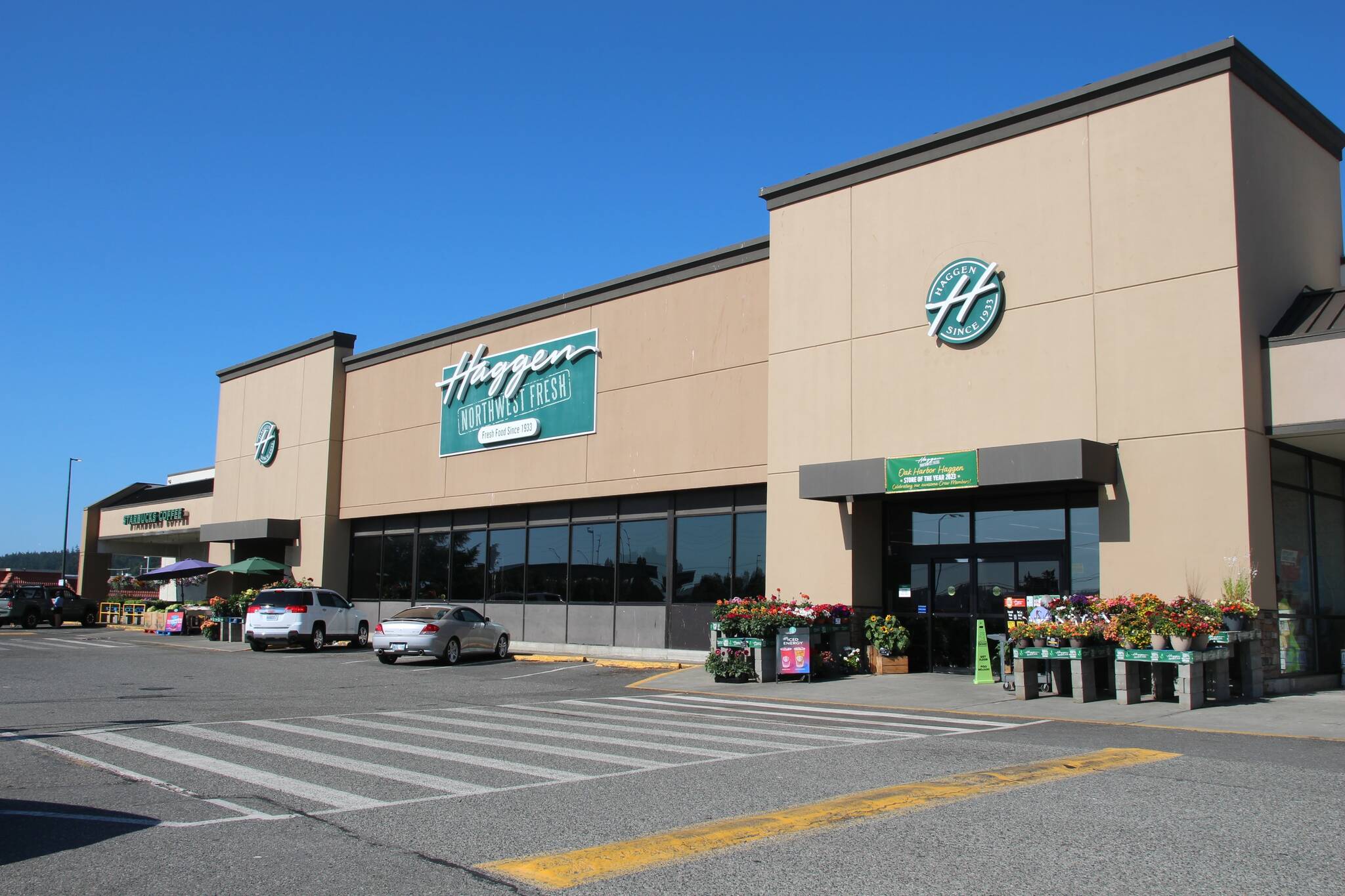Haggen grocery store in Oak Harbor is on a list of 579 stores that will be sold off if the $25 billion merger between Kroger and Albertsons goes through.
Under the proposed merger, the grocery stores would be sold to New Hampshire-based C&S Wholesale Grocers. As the Seattle Times reported, the theory is that selling the stores would preserve competition, but critics claimed that the sale would put the stores at risk of closure.
If the merger happens, it wouldn’t be the first time that Oak Harbor will be affected by ownership changes in the ever-narrowing world of chain supermarkets. In 2015, Albertsons merged with Safeway. That resulted in a switcheroo of stores in Oak Harbor. The Albertsons store was converted into a Safeway while the Safeway store was sold to Bellingham-based Haggen, which was once the largest independent grocery retailer in the Pacific Northwest.
Not long after purchasing 146 grocery stores from Albertsons, Haggen filed for bankruptcy. In 2016, Albertsons purchased the few Haggen stores that remained open. The store in Oak Harbor retained the Haggen branding but is owned by the Albertsons company.
Oak Harbor currently has four supermarkets and a Walmart.
Besides being a wholesale grocery supply company, C&S Wholesale Grocers owns Piggly Wiggly and the Grand Union supermarket brands.
Kroger, owner of QFC and Fred Meyer, and Albertsons, which owns Safeway and Haggen, disclosed on Tuesday the locations of store locations they plan to sell off to C&S Wholesale Grocers as part of the proposed merger.
State Attorney General Bob Ferguson as well as regulators in Colorado and the Federal Trade Commission have filed lawsuits to block the Kroger-Albetsons merger, claiming that combining Washington’s two largest supermarket companies would significantly impact prices, choice and competition.
Ferguson also asserted that the plan to sell the stores to a company that is primarily a wholesale supplier could set up many of the supermarkets to fail, endangering Washington jobs and further diminishing choices for Washington shoppers.
“This merger is bad for Washington shoppers and workers,” Ferguson said in a press release. “Free enterprise is built on companies competing, and that competition benefits consumers. Shoppers will have fewer choices and less competition, and, without a competitive marketplace, they will pay higher prices at the grocery store. That’s not right, and this lawsuit seeks to stop this harmful merger.”



